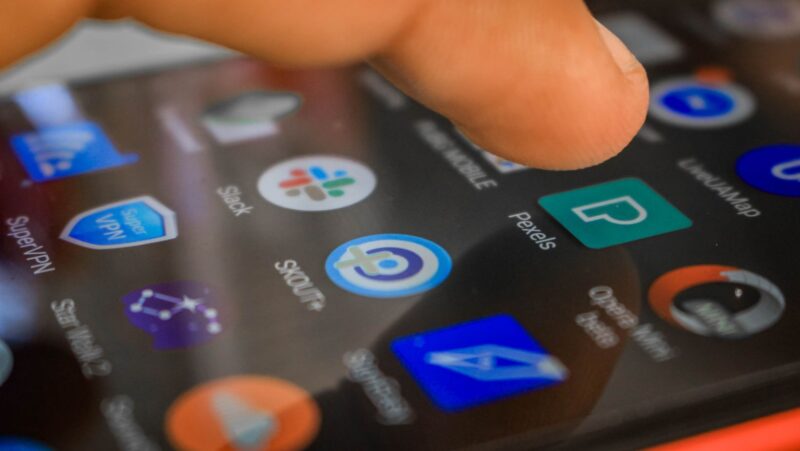
It’s easy to get caught up in the digital world, where screens become a constant companion. But while technology provides many benefits, it can also lead to burnout and poor mental health when used excessively.
Finding a balance between screen time and relaxation isn’t about rigid restrictions but more about developing habits that allow you to unwind and recharge.
Understanding The Impact Of Excessive Screen Time
Spending too much time in front of technology affects both your body and mind. Prolonged exposure can cause physical discomfort, such as eye strain, headaches and disrupted sleep patterns, as the blue light emitted from devices interferes with melatonin production.
Mentally, it can lead to a feeling of constant overstimulation. When your brain is always absorbing information, it struggles to relax and reset. Over time, this can result in heightened stress and anxiety, making it difficult to focus or enjoy time doing other things.
The good news is that by moderating your screen use, you can minimise these effects and feel more refreshed.
Setting Boundaries
Start by designating specific times in the day when you’ll check your phone or engage in other digital activities and stick to them. For example, limit your social media use to 30 minutes in the morning and evening. 
When it comes to entertainment, opt for casual gaming such as top slots online during these designated times, rather than letting it consume hours of your day. Additionally, consider using apps or built-in phone settings that track and limit your screen time, helping you become more aware of your usage habits.
Incorporating Mindful Breaks And Outdoor Activities
Every 30 to 60 minutes, step away from your laptop or phone for a few minutes to stretch or practice deep breathing. These small moments of mindfulness help your brain rest and reset, allowing you to return to your activities feeling more focused.
Adding outdoor activities such as walking to your daily routine can further help reduce the mental load and improve your health. Nature offers an invaluable opportunity to disconnect, so try and get outside at lunchtime or after work.
Creating An Evening Routine
The evening is a prime time to unwind, yet many of us continue to engage with screens right up until bedtime. The constant influx of information and blue light exposure can make it harder for your body to wind down.
Start by dimming the lights and engaging in calming activities such as reading, journaling or practising gentle yoga. Try replacing the urge to check your phone with an activity that encourages restful sleep, like listening to soothing music or an audiobook.
Using Technology To Enhance Relaxation
While too much screen time can be detrimental, technology can also support relaxation when used thoughtfully. There are a variety of apps designed to help you unwind and improve your mental health, such as Headspace or Calm.



